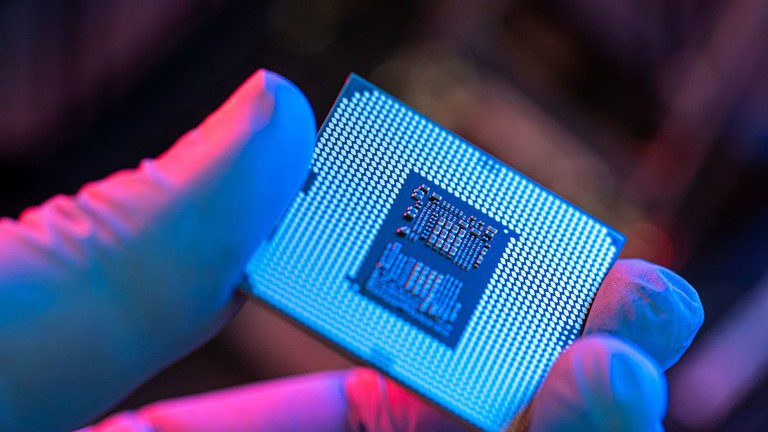World
China Unveils $47 Billion Super-Chip Fund

Beijing has recently introduced a new state-backed investment fund aimed at advancing the semiconductor industry in China, as reported by the Chinese corporate information service Qichacha.
This move is a response to the US’s attempts to limit China’s access to advanced chips. The fund, known as the China Integrated Circuit Industry Investment Fund Phase III, is valued at 344 billion yuan ($47 billion) and marks the third investment of its kind made by China in the past decade.
The primary objective of these investments is to strengthen the Chinese chip sector and achieve self-sufficiency in semiconductor production.
The initial fund was established in 2014 with an investment of approximately 140 billion yuan, followed by another fund in 2019 worth around 200 billion yuan. Collectively, they are referred to as the Big Fund and are part of Beijing’s strategy to support the “Made in China 2025” industrial development plan.
While specific details regarding the fund’s investment targets have not been officially disclosed, previous reports suggest a focus on AI-related semiconductors, manufacturing equipment, and R&D projects to enhance AI capabilities using existing technology.
The Finance Ministry leads this initiative with a 17% stake, supported by the state-owned National Development Bank with 10% ownership, and an investment company under the Shanghai municipal government with 9%, in addition to 16 other state-owned entities. Beijing’s efforts to enhance its chip-making capabilities coincide with the US’s imposition of strict export restrictions on advanced semiconductors and fabrication equipment, aiming to hinder China’s technological advancement and military capabilities.
Recent reports indicate that the White House is contemplating a complete ban on exporting advanced technologies to China.
